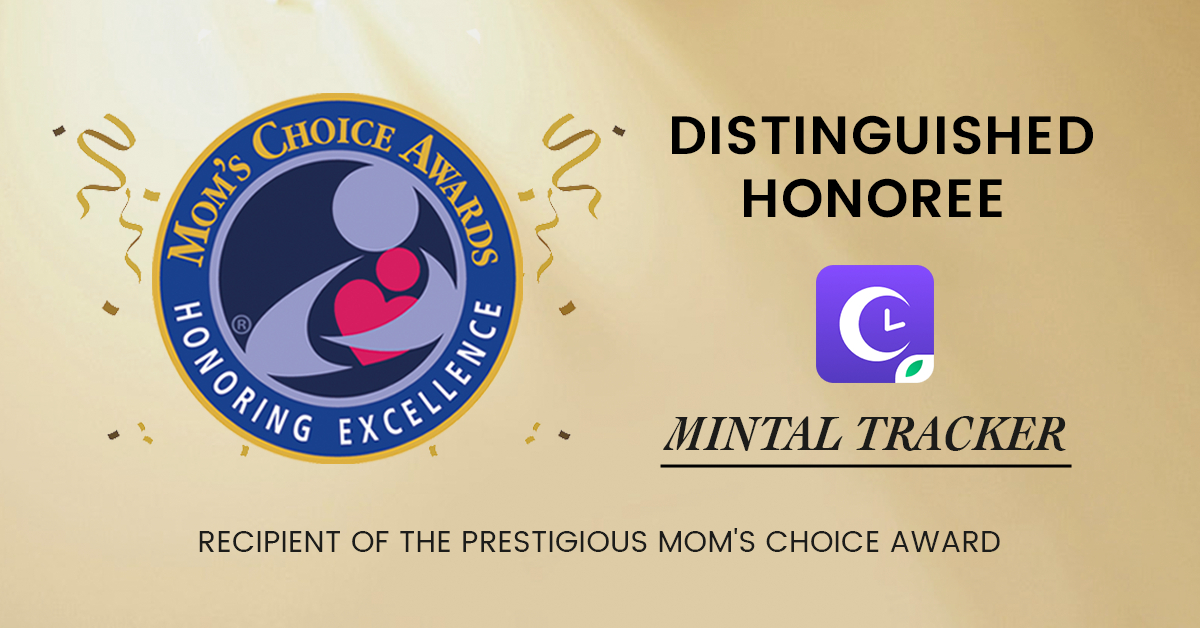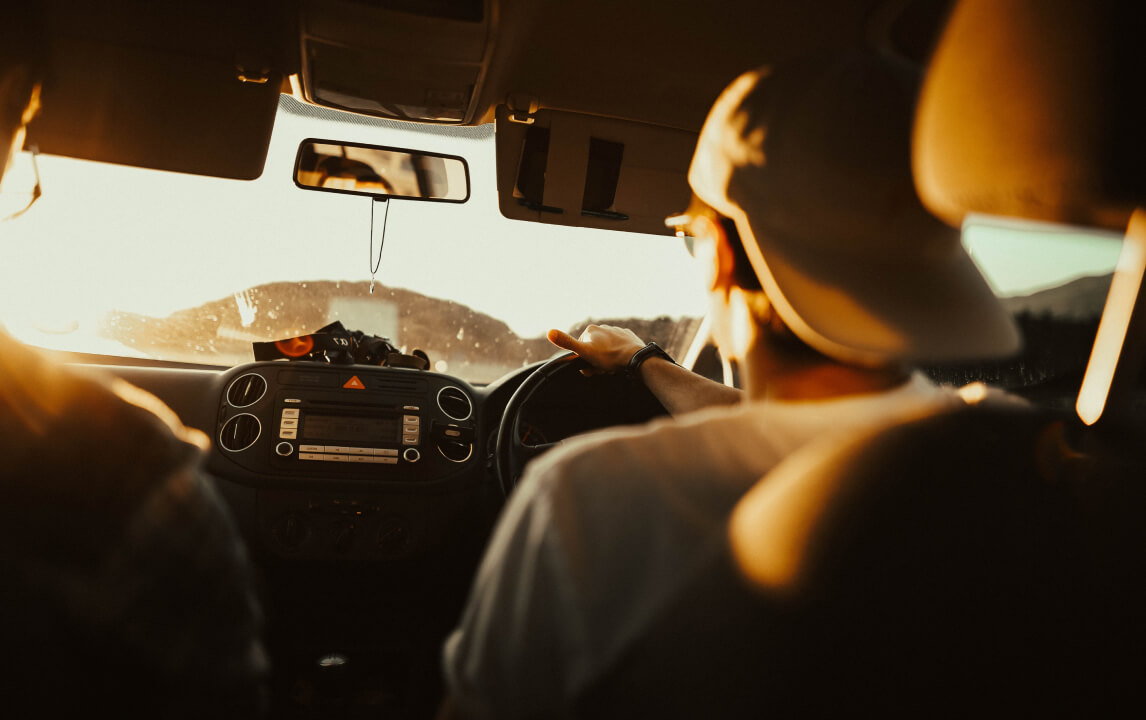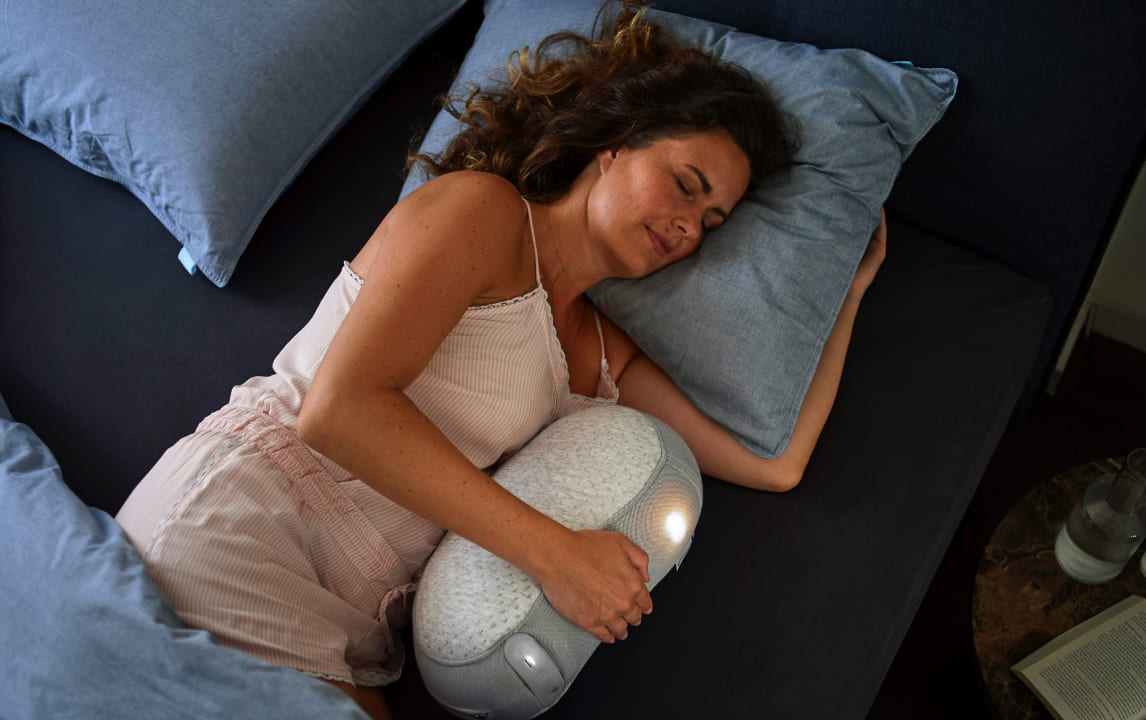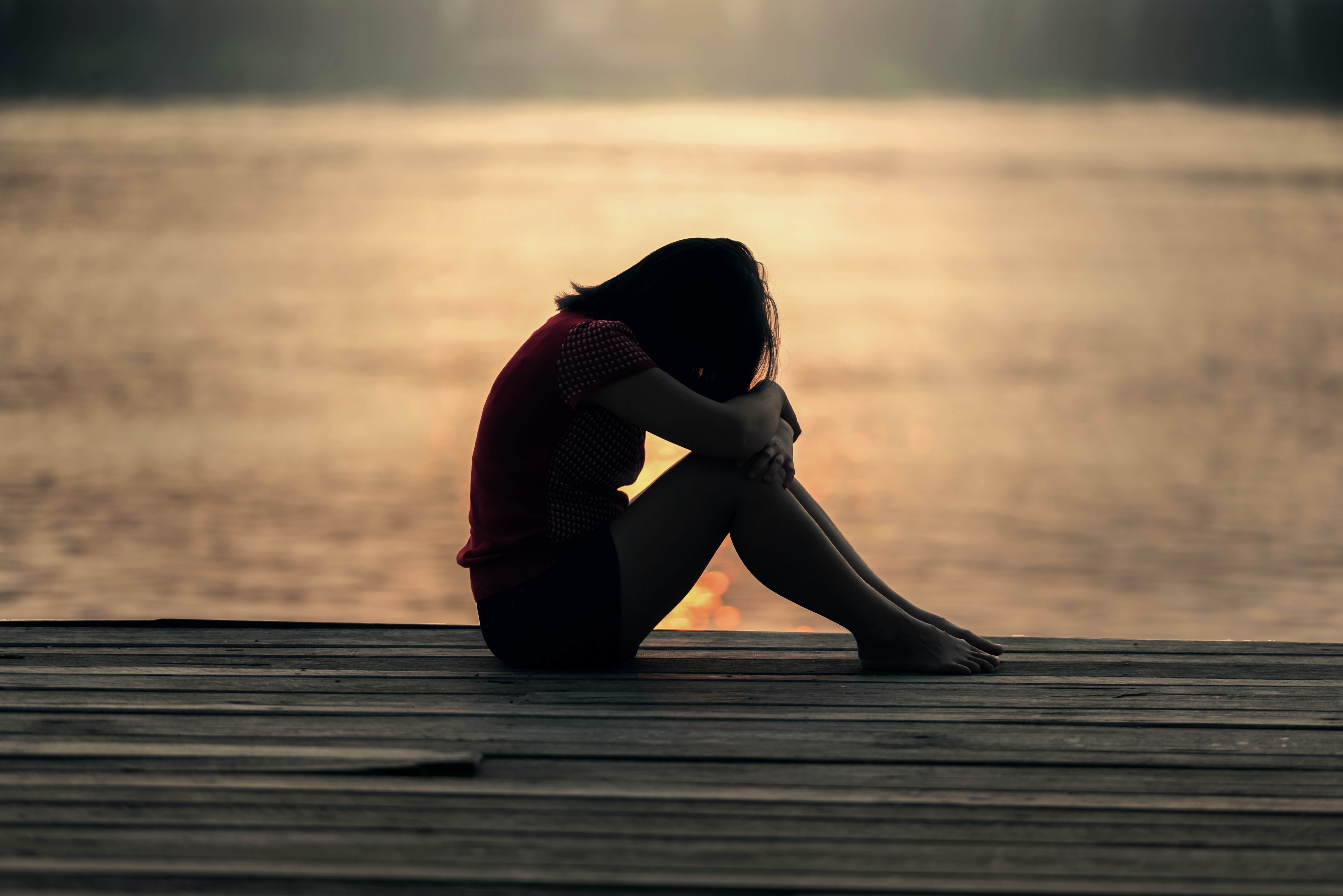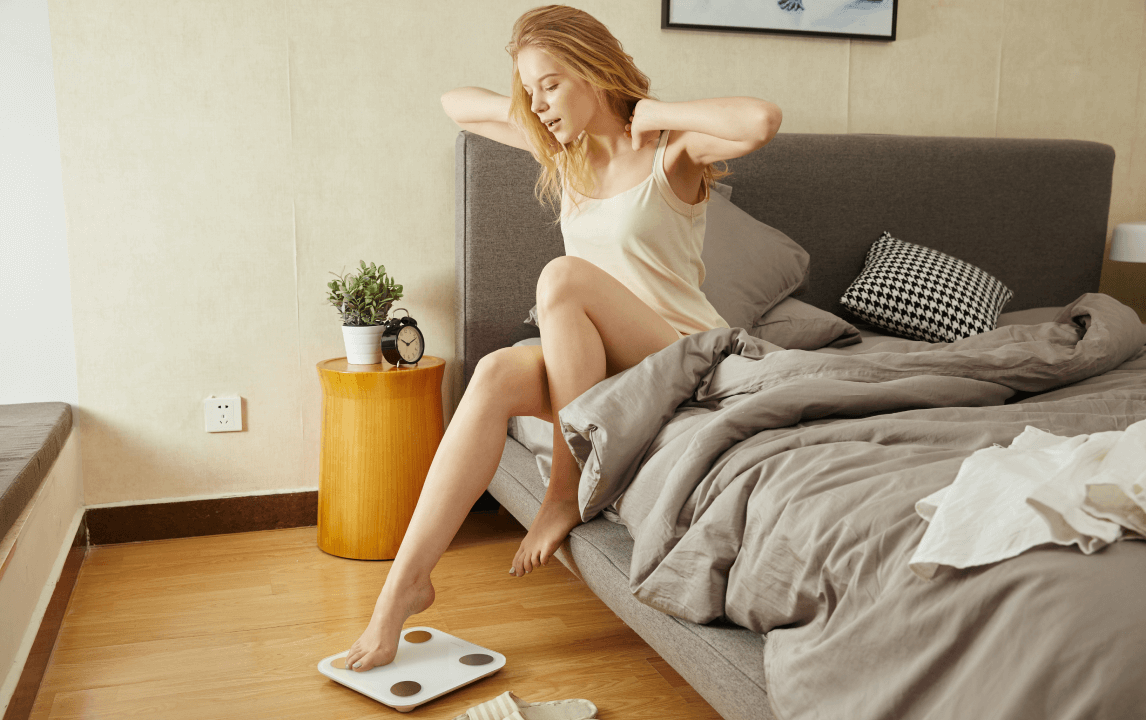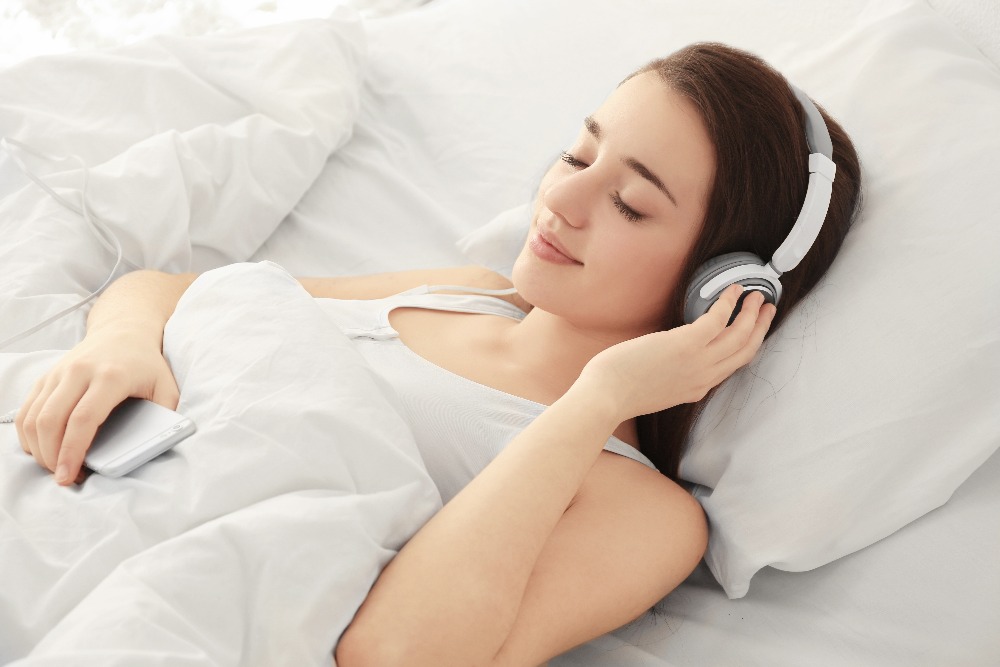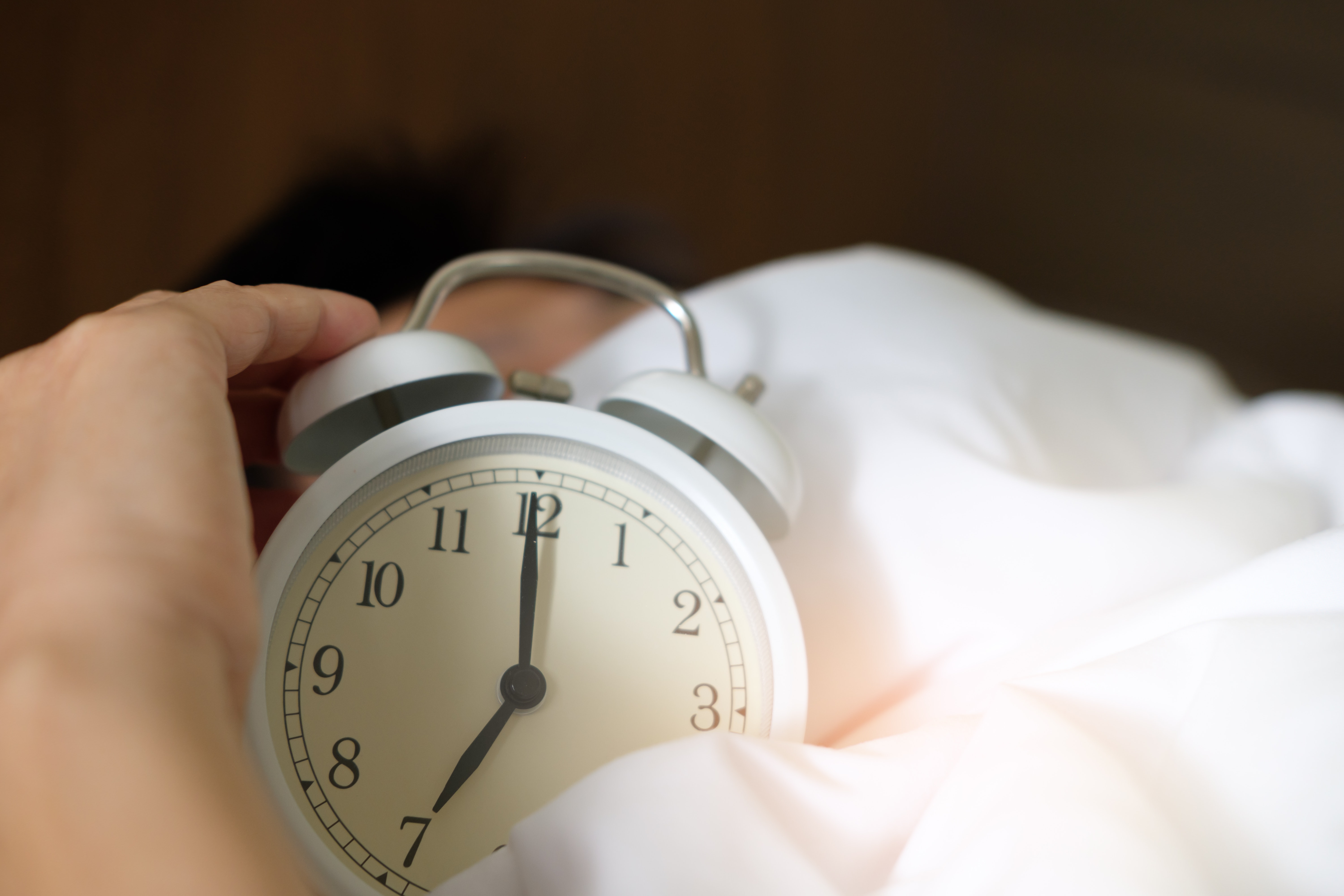“Bartender! Another round. When I’m drunk, I sleep like a baby.” – This is you.
“Actually, alcohol is the most efficient sleep aid in the market.” – Your buddy shouts from across the table.
Does Alcohol Help You Sleep?
Alcohol is good if you need to sleep – this is probably true, but is it?
These are some of the lies you’ve probably heard. And today, you’ll know why? After reading this, you’ll never look at alcohol the same way again. And here’s why?
Alcohol has sedative characteristics, which make you sleepy when you’re intoxicated. It’s a fact that alcohol can make you fall deeply fast asleep, but it’ll only be for a few hours.
Alcohol affects sleep in several ways, starting with heartburn or acid reflux. Lying down soon after drinking can cause acid reflux, which can affect a good night’s sleep. If you have related symptoms, it is recommended to stop drinking alcohol at least three hours before going to bed to help the alcohol empty from the stomach.

How does Alcohol Affect Sleep?
1. Frequent sleep disruption
It’s common to wake up frequently when intoxicated. If it isn’t thirsty, it’ll be the urge to pee. And if there’s still alcohol in your system, you’ll be dehydrated, your heart will be pumping, and it’ll be difficult to fall asleep.
2. Affects REM sleep
Drinking alcohol and alcoholic beverages improves circulation, relaxes you, and helps you fall asleep faster, but it also means your overall sleep quality will be worse.
Alcohol makes you jump the phases of sleep. You spend more hours on REM sleep and less time on deep sleep – this is why you wake up feeling unrefreshed.
3. Worsens Sleep Apnea
Since alcohol relaxes your muscles, your throat muscles will collapse and close your airways. This is sleep apnea, and alcohol makes it worse. You develop a sleep disorder you shouldn’t have.
4 Reasons Why Alcohol Is Bad for Your Sleep
1. Alcohol affects melatonin and circadian rhythms
Another system that regulates the “sleep-wake cycle” is the circadian rhythm system, and alcohol also affects sleep by affecting the circadian rhythm.
As sleep time approaches, the circadian rhythm system signals that melatonin is released in abundance, and sleep ensues.
Studies have found that drinking alcohol before bed can reduce melatonin levels and increase core body temperature, which in turn affects sleep quality.
2. Alcohol worsens snoring and obstructive sleep apnea
In mild cases, dyspnea can lead to snoring, and in more severe cases, it can lead to brief pauses in breathing that wake people from sleep and interrupt the progression of sleep stages.
Alcohol is a muscle relaxant that collapses the soft tissues of the upper airway and blocks the upper airway, so people who drink before bed are more prone to airway obstruction.
People with snoring, or those with obstructive sleep apnea, can experience increased snoring and lower blood oxygen levels after drinking alcohol, especially before bedtime.
Regular drinkers were 25 percent more likely to develop obstructive sleep apnea than non-drinkers, and obesity was a common risk factor.
3. Alcohol exacerbates existing sleep disturbances
Many people use alcohol as a placebo. Whenever they are upset, they like to drink a little wine to relax themselves; but if alcohol interferes with sleep, it may eventually have the opposite effect.
People with moderate or severe anxiety disorders who drink alcohol to sleep better are more likely to have sleep problems.
Another study found that using alcohol to cope with the loss of a loved one increases the risk of major depression, which itself can lead to sleep disturbances.
4. Alcohol can worsen insomnia
People who wake up feeling sluggish are more likely to rely on alcohol again to help them fall asleep the next night, leading to a vicious cycle.

So can You Use Alcohol to Help You Sleep?
It can be helpful if you feel stressed during the day and need a small amount of alcohol in the evening to help you unwind.
If you have sleep problems and are always picking up alcohol to help you fall asleep, it may make your sleep problems worse.
When should You Stop Drinking Before Going to Bed?
Here it is recommended to avoid alcohol at least three to five hours before bedtime. Alcohol is a sedative at first, so it can help you fall asleep, but then it can interfere with sleep. For a good night’s sleep, avoid alcohol and alcoholic beverages three to five hours before bed.
Imagine for a second.
It’s 4 am. You wake up gasping for breath. You can barely open your eyes. But, it’s the cold and wet sensation in your pants that wake you fully – you peed on yourself. And all eyes are on you.
Avoid this and other similar embarrassing moments. Don’t drink and sleep!
Conclusion
A small nightcap can be of some benefit. If you need a good night’s sleep, then you should seriously consider.
Want to know if you snore after drinking? Mintal Tracker APP helps you monitor your sleep throughout the night, download and try it now.
